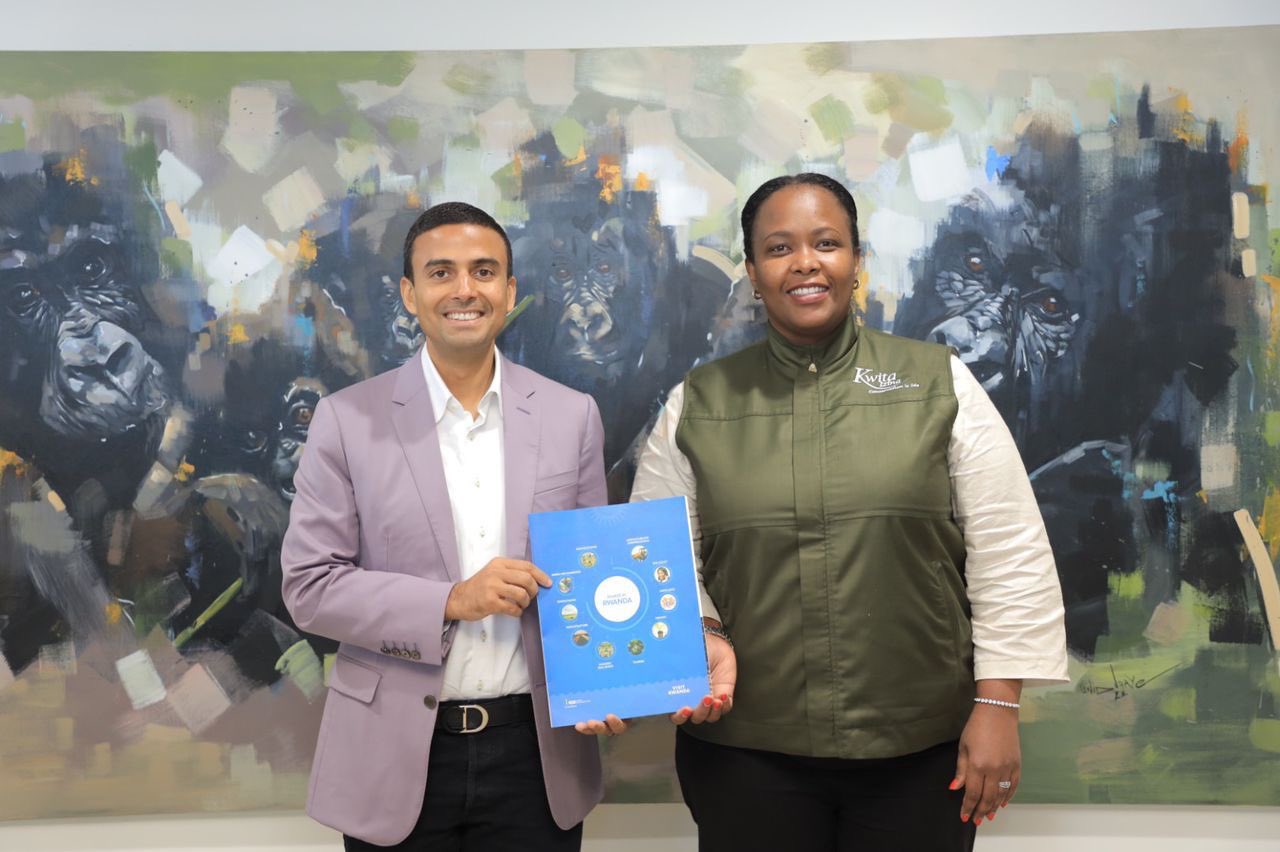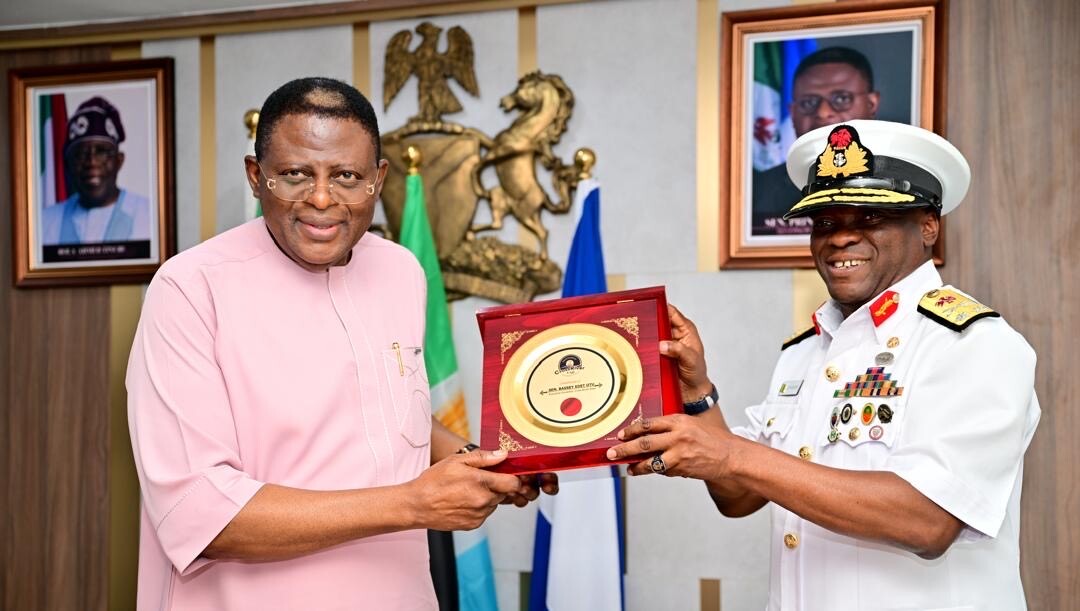…Arise IIP Partners Nigeria, Rwanda, others for industrial development

The adoption of Special Economic Zones (SEZs) by African countries in partnership with private investors is expected to help the continent attract foreign direct investment, boost local revenue and create jobs both directly and indirectly.
Poised to modernize, industrialize and be globally competitive, Africa countries are increasingly adopting the concept of Special Economic Zones (SEZs), and Free Trade Zones (FTZs) across the region.
African countries such as Nigeria, Rwanda, Gabon, Togo, Benin, and Cote d’Ivoire, Ghana, among others are trailing the blaze for establishment of SPEZs in partnership with the private sector.
The Special Economic Zones/FTZs are industrial policy tools for far-reaching market economy reforms deployed by developed countries to solve multi-faceted issues. The export-led model of development has worked for Japan and some of the Asian Tigers, and the Republic of Korea. SEZs are geographically specified and physically secured areas administered by a single body, offering certain incentives including more liberal and simplified economic regulations for businesses to physically locate and operate within it.
Besides boosting exports, SEZs help nations attract investment, create jobs both directly and indirectly and support Global Value Chain (GVC) participation, industrial upgrading and diversification of the economy.
As part of efforts to boost the growth of SEZs in Africa, Arise Integrated Industrial Platform (Arise IIP) is partnering with governments in the continent. The firm recently signed a $400m Memorandum of Understanding with the government of Ogun State, South Western Nigeria, on the development of Olokola Free Trade Zone and Remo Agro Processing Zone.
Arise IIP, is a developer of a world-class industrial ecosystem across Africa, accelerating the growth of 12 integrated industrial zones for the continent’s industrialization and modernization agenda.
Dearth of infrastructure like an effective port system such as Olokola Deep Seaport is a major challenge to the implementation of the African Continental Free Trade Area (AfCFTA), a trade agreement in the continent, but a project like Olokola Deep Seaport promises to address this loophole.
Through the initiative, Arise Integrated Industrial Platform will focus on developing the infrastructure at the proposed Olokola Free Trade Zone, the Remo Cluster Area and the Agro Cargo Airport to enhance the agro-processing area.
“Our ethical moral is that we will have 65 percent equity and leave 35 percent open for the national players, including Ogun State. We want the state to be our partner and the state will take some equity and the national players will take some equity,” says Founder of Arise IIP, Gagan Gupta.
The Nigerian Government had initiated Project Made in Nigeria for Export (MINE) in 2017, to develop, and upgrade existing Free Trade Zones to Special Economic Zones to contribute to meaningful industrial and export development in Nigeria.
The Federal and state governments are increasing efforts to establish Medical and Pharma-Industrial Parks, Mining and Minerals Special Economic Zone, Agric and Food Parks, as well as Information and Technology Parks while cross Border SEZs are also being considered as vehicles for regional integration in the continent.
In Rwanda, SEZs are designed to address some of the domestic/private sector constraints such as availability of industrial and commercial land, availability and the cost of energy, limited transport linkages, market access and reduced bureaucracy and availability of skills.
The nations’ SEZ programme is designed to increase foreign and domestic private sector investment, job creation, income generation, promote export growth and diversification and increase in foreign exchange, ensure skills upgrade and technological transfer and increased tax revenue through expanded tax base, hence reducing the budget deficit.
Consequently, ARISE IIP signed a pact with the government of Rwanda for the development of an Industrial Zone in Bugesera district, Rwanda, which will help to unlock the country’s industrial potential, and support the Rwanda’s government in advancing the country’s industrialization plan.
The project, which will be in three phases spread across a total of 330 hectares, will focus on the local transformation of timber, packaging, agro-processing, construction materials, logistics, and other processing industries.
Founder of Arise IIP, Gagan Gupta, said: “We are honoured to be able to partner with the government of Rwanda in developing the Special Economic Zone in Bugesera. With our experience as developer and operator of industrial ecosystems across Africa, we intend to support the Rwandan Government’s efforts to develop the country.”
The government of Gabon has taken advantage of the Special Economic Zone with the launch of the Nkok Special Economic Zone (SEZ), a multi-sectoral industrial park located 27 km from Libreville, since the year 2010.
Situated on 1126 ha, the project includes an industrial zone, a commercial zone and a residential zone. It brings together about 144 companies from 19 countries operating in 22 industrial sectors, including a cluster dedicated to wood processing, which brings together 84 companies.
The GSEZ project is a Public Private Partnership (PPP) between ARISE IIP and the government of Gabon. The initiative has ensured that the nation develops and modernizes a wood sector that was previously not very promising by relying on specialization.
With 3.4 million m3 produced each year, GSEZ scheme has created 16,000 jobs, attracted 120 investors and enabled Gabon to become Africa’s leading producer and exporter of tropical plywood, and the world’s second largest exporter.
The Plateforme Industrielle d’Adétikope, (PIA) in Togo is worthy of mention as a case in point towards economic development of that country. The project, which was in partnership with ARISE IIP focusing on creating thriving value chains for the textile industry in Togo, from raw material sourcing to manufacturing and exporting value-added products.
The project located 15 km North of Lomé, PIA is the result of a successful public-private partnership and will create 35, 000 jobs locally. The integrated and multi-sectoral industrial park is expected to play a catalytic role in supporting Togo’s economic growth, regional integration and trade.
Spreading across 400 hectares, the integrated ecosystem offers a range of fiscal advantages and modern infrastructures facilitating the competitive manufacturing of local agricultural products, including cotton, cashew and soyabeans. It will also host a range of other industries such as the Agri-processing, pharmaceutical, recycling, and electric automobile industries.
The government of Cote d’Ivoire is also not relenting in the effort at setting up SEZ. There has been a brand new Côte d’Ivoire (ZIC) and 940-ha economic zone called PK 24 in recent times with the goal of alleviating pressure on the industrial areas around the country’s economic centre.
Other countries in the continent are not left out in the economic development drive across the region.
[ad unit=2]





